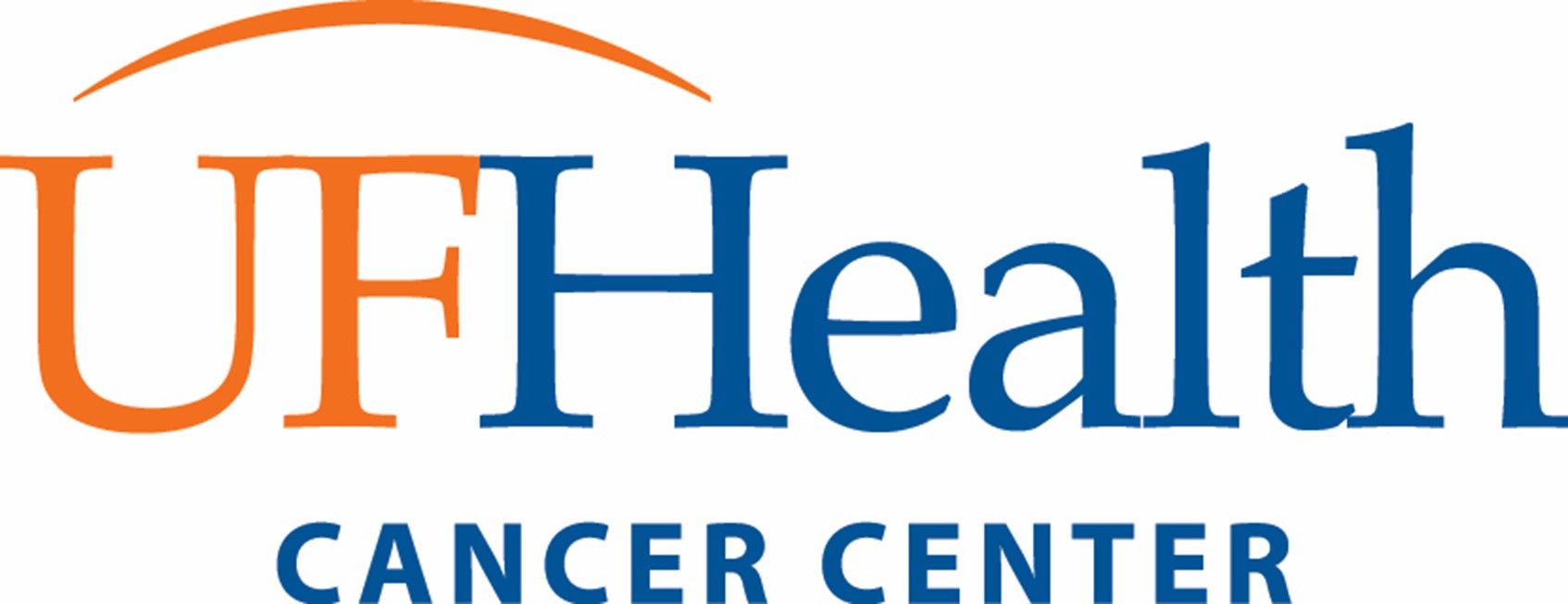
Dr Sahin on the Design of the Northstar Response Assay in Advanced GI Cancer

Ilyas Sahin, MD, discusses the Northstar Response assay and the future of precision oncology in patients with advanced gastrointestinal cancer.
Ilyas Sahin, assistant professor, Medicine, Department of Medicine, Division of Hematology & Oncology, University of Florida College of Medicine, discusses the design of the Northstar Response assay and the future of precision oncology in patients with advanced gastrointestinal (GI) cancer who are undergoing active treatment.
Other treatment response–monitoring assays, such as single nucleotide variant assessments, use variant allele frequencies to detect somatic variants in the blood. In contrast, the Northstar Response assay evaluates methylated circulating tumor DNA (ctDNA), which may provide more sensitive and specific results, Sahin says. Northstar Response can quantify an average of 90 methylated loci, 10 times more than can be quantified with the average tissue-informed assays. Although the Northstar Response assay measures treatment response, it may also be useful as a cancer screening tool, Sahin explains.
The Northstar Response assay does not need tissue biopsies, Sahin emphasizes. Instead, this assay consists of a series of blood tests that are conducted at baseline, at the time of imaging, and at 2 or more time points during treatment, approximately 30 days and 60 days after treatment initiation. Through analyzing the collected blood samples with the Northstar Response assay, oncologists can measure patients’ real-time treatment responses, Sahin notes.
As novel artificial intelligence platforms, including the Northstar Response assay, become increasingly prevalent and accurate, these types of tests may lead to new advances in precision oncology, Sahin says. Both oncologists and patients may benefit from these test results, leading to improved clinical outcomes in the future, Sahin concludes.
A prospective, observational study evaluating the clinical validity of the Northstar Response assay in patients with advanced GI cancer found that the assay consistently detected ctDNA in various advanced GI cancers. Interim findings from this study were subsequently presented at the






































